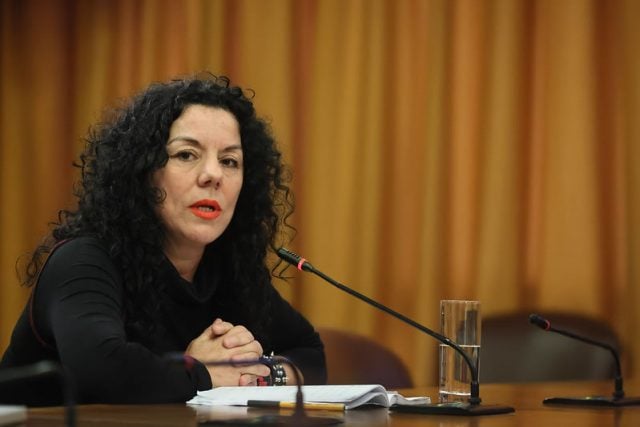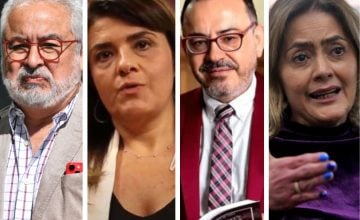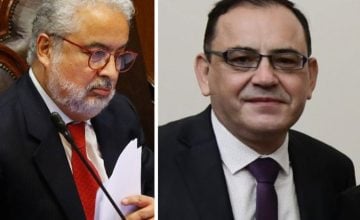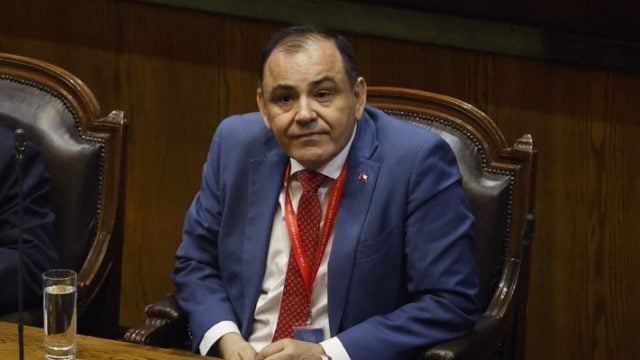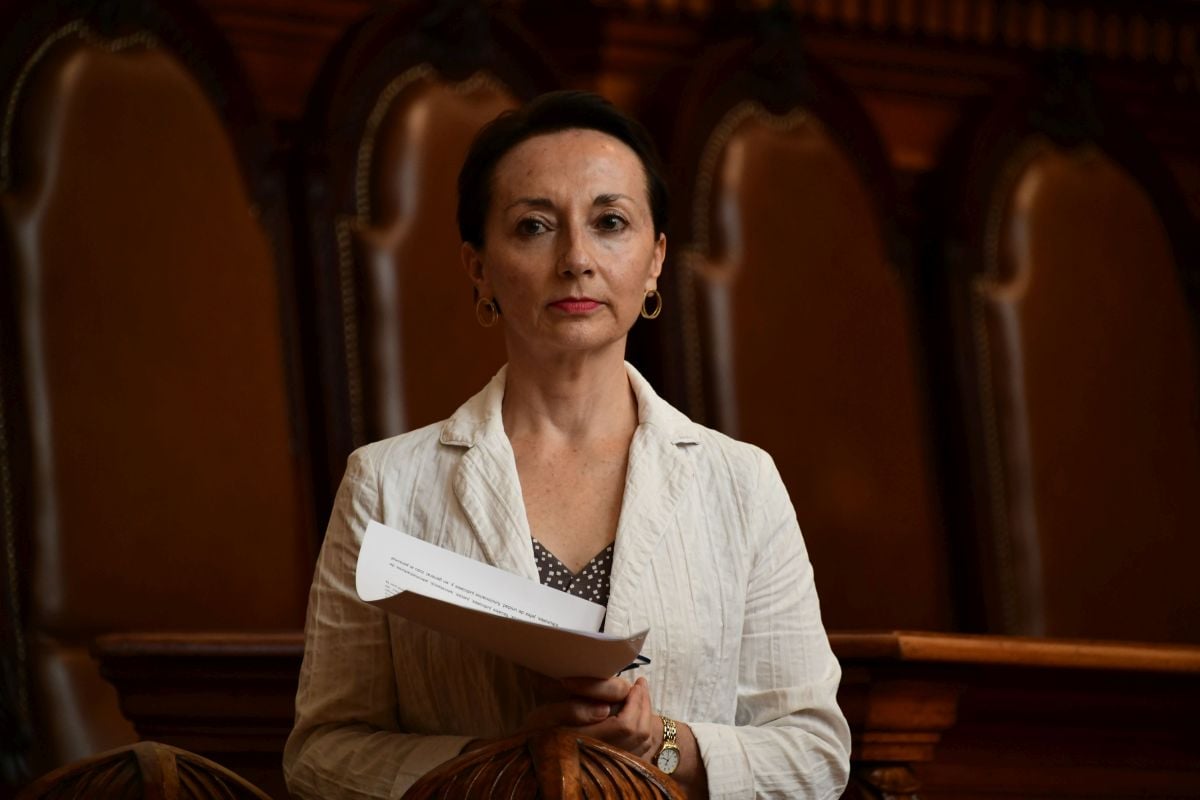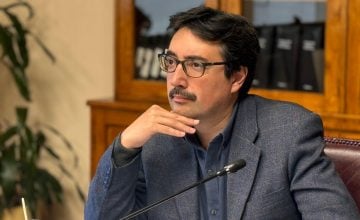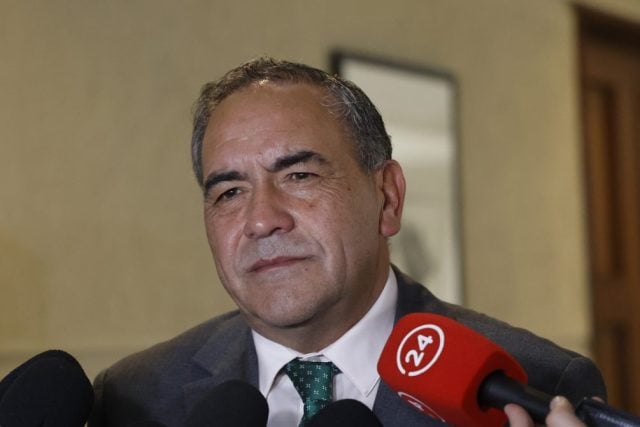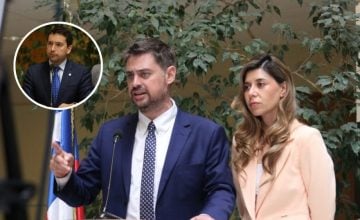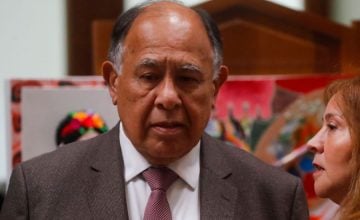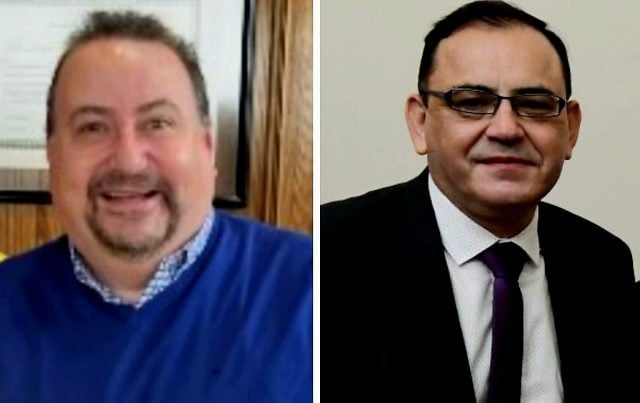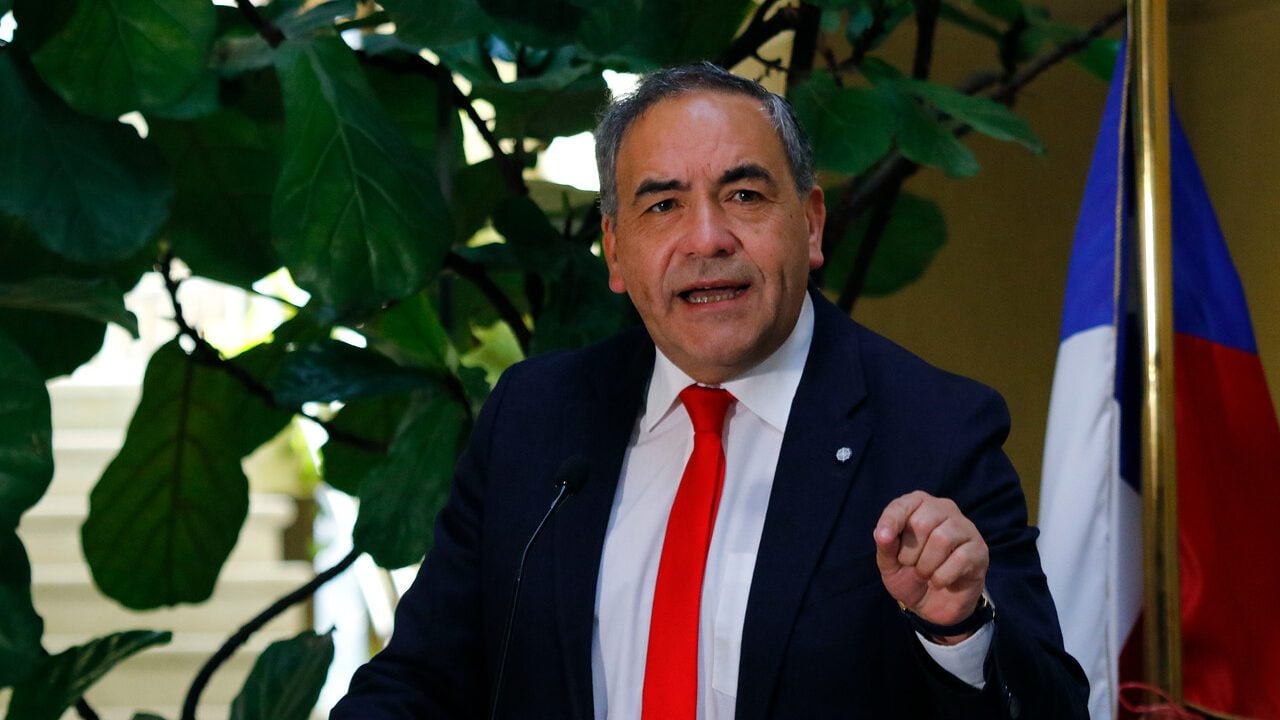Investigative journalism scholar and Ciper Chile editor Paulina Toro (pictured) was the first to appear before the Lower House committee tasked with determining the admissibility of a constitutional accusation against Santiago Court of Appeals Justice Antonio Ulloa.
The filing alleges the judge seriously and repeatedly breached his constitutional and legal duty of secrecy and confidentiality by leaking restricted information to attorney Luis Hermosilla, a figure tied to former president Sebastián Piñera and former interior minister Andrés Chadwick.
The report from the Chamber also contends Ulloa committed a grave violation of his duties by taking part in cases and other judicial proceedings despite conflicts of interest and an evident hostility toward certain parties.
Toro said Ciper Chiles reporting into Ulloa began in 2024, after evidence surfaced that Hermosilla had helped secure his appointment to the Santiago Court of Appeals.
As the Hermosilla case advanced, the release of the lawyers chat messages proved pivotal. What had been a suspicion a mechanism to broker judicial and other appointments was corroborated once reporters gained access to those chats.
The messages, she said, indicate influence over the appointment of roughly ten judges and judicial prosecutors. In a subsequent phase, reporters mapped how a system operated to place judges regardless of their professional qualifications.
The aim, Toro added, was to place judges aligned with a specific political camp, undermining the rules for merit-based appointments and seeking to stain opponents because of their political affiliation.
She noted that details of the scheme emerged through documents incorporated into the process seeking Judge Ulloas removal. Findings indicated the magistrate not only took part in appointment deals but also shared confidential information, and that he failed to recuse himself in matters with clear conflicts of interest.
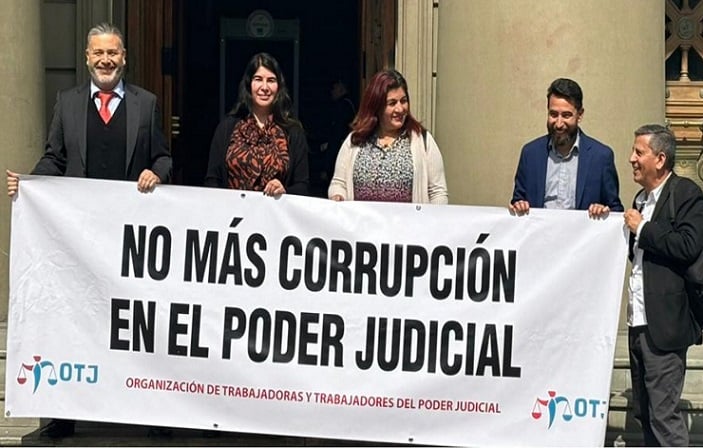
Quid pro quo
Toro described a recurring quid pro quo: a favor such as being nominated to a post was later repaid with another, from backing a new appointment to tipping the scales in a specific case. From a birds-eye view, she said, it formed a chain of favors where being indebted carried real weight inside the judiciary.
On the reach of Ulloa and Hermosillas contacts, Toro said the most substantive evidence comes from Hermosillas chat conversations.
So far there is no evidence that the network extended to other administrations, she added. Other angles including whether there were benefits or kickbacks in return, such as money or gifts could be subject to investigation by the Public Prosecutors Office.
At the end of the session, committee chair Deputy Alejandra Placencia praised the information provided by Toro, calling the findings grave and warning that alleged influence peddling and a network of political favors are eroding public confidence in the justice system.
The committee will continue its work and plans to meet during district week, specifically on Wednesday, October 22. Placencia said the secretariat is coordinating the list of invited participants.
She also noted there has been no official communication yet from Judge Ulloas defense. Watch the full session on the Chambers YouTube channel:
Keep reading about this case:
El Ciudadano
